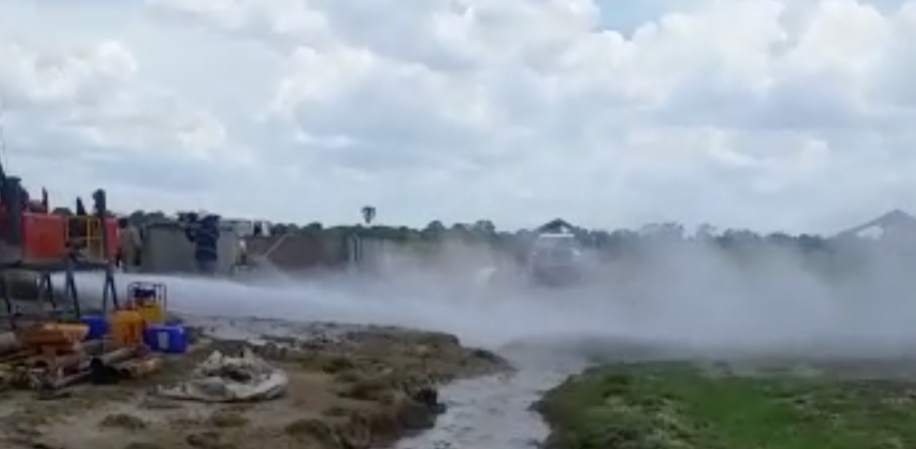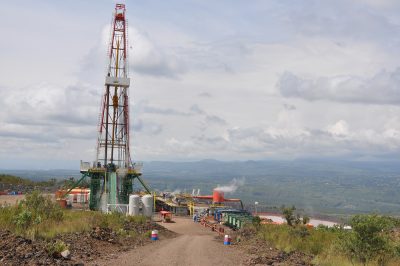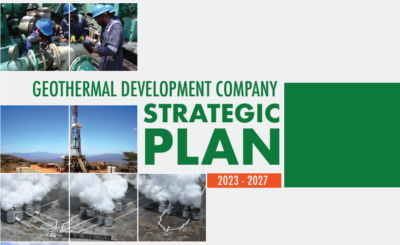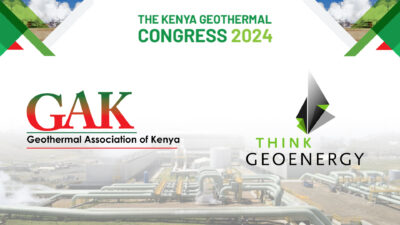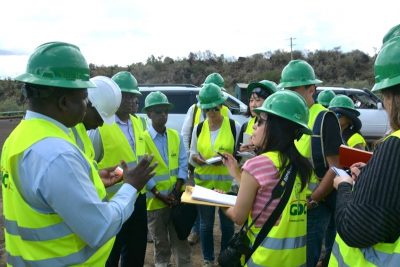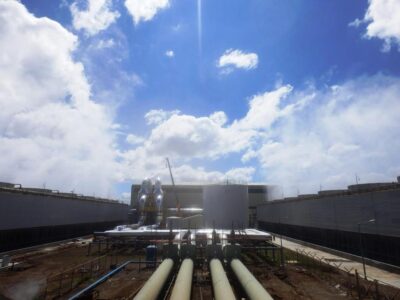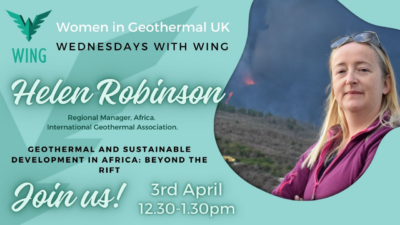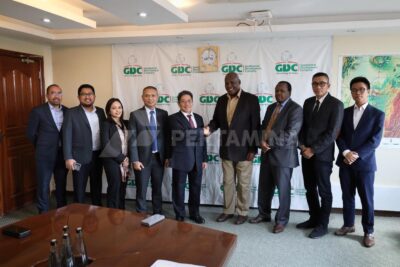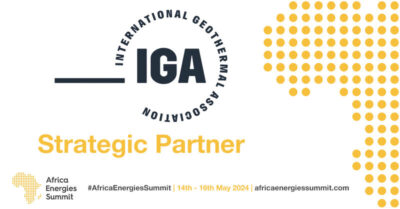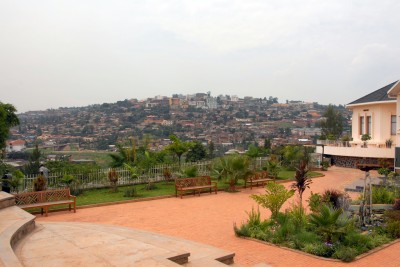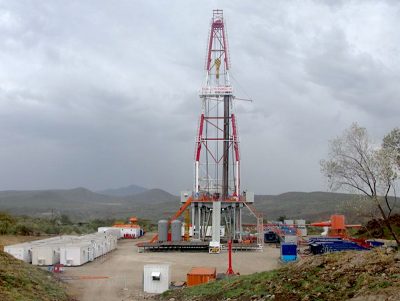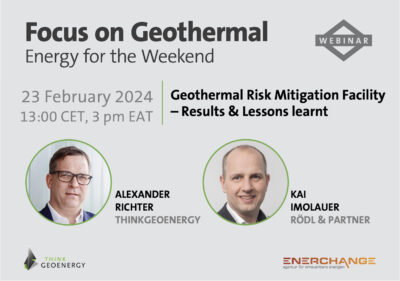RFP – Geothermal Aquaculture Sector Feasibility Study
A Request for Proposals has been issued for the creation of a feasibility study on a potential geothermal aquaculture project set up in Zambia.
UKaid funded private sector development entity Prospero has issued a Request for Proposals for the creation of a “Geothermal Aquaculture Sector Feasibility Study”.
Deadline: September 21, 2021
Objective
The main objective of this assignment is to establish the feasibility of developing an aquaculture production unit that will utilize geothermal energy to heat ponds. The assignment will include analysis of different innovative production and business models that have been tried and tested, analysis of the commercial viability of the business models, market potential, value of the heat used and an analysis of opportunities down the value chain such as processing and packaging facilities. Finally, the feasibility should provide recommendations on the most feasible business model, practical recommendations on how to actualize the recommended business model and the design of a pilot geothermal aquaculture production unit.
Context
The current fish production in Zambia does not meet the country’s domestic demand, which has led the country to import from countries such as China and India. In 2015 Zambia’s fish imports by volume was estimated at 77,199 metric tones which increased to 126,345 metric tones in 2016 (Department of Fisheries, 2017). The aquaculture sector has been designated as a priority sector for investment in order to meet the deficit for domestic consumption and also to take advantage of the export opportunities to the region. Furthermore, aquaculture has been recognized in the country’s 3 development agenda as a means to promote employment and a source of livelihood for small scale farmers (PMRC, 2018).
Kalahari GeoEnergy Ltd (“KGE”), a private limited company registered in Zambia has partnered with Prospero Zambia to develop direct applications of geothermal energy in Zambia. Kalahari GeoEnergy is currently exploring geothermal energy in the Bweengwa River Geothermal Resource Area of Zambia. This geothermal resource area covers the southern part of Lochinvar National Park and traditional lands sparsely occupied by the pastoralist Tonga ethnic group to the south of the Park.
KGE will be developing a geothermal energy pilot plant with sustainable applications of direct applications together will a small absorption chiller and the possibility of a pilot fertilizer plant. Kalahari GeoEnergy has identified opportunities for various uses and application of geothermal heat in dairy, aquaculture, legumes, coffee, and horticulture production in Zambia.
The utilization of geothermal energy for agriculture could contributed to creating employment, improve access to energy and diverse economic activities in rural areas. Most importantly, unlike fossil fuels, geothermal energy is a renewable energy resource that does not emit the greenhouse gases that cause climate change and can play a role in enhancing resilience to impacts of climate change. Kalahari GeoEnergy and Prospero have partnered to explore opportunities for establishment of an aquaculture park that would utilize geo-energy in fish production. Therefore, to explore the viability of the aquaculture park, Kalahari Geo and Prospero wish to conduct a study to assess the feasibility of establishing a geothermal heated aquaculture park in Monze, Southern Province, Zambia.
Scope of Work
The consultant is required to work closely with Prospero and Kalahari GeoEnergy to develop a research plan, research tools (i.e., questionnaires) and identifying relevant stakeholders. The feasibility study will need to include the status of the aquaculture (fish) value chain from input supply (hatcheries & Nurseries, feed, etc.)–aggregation–processing–retail and possibly exports. The study will be conducted on the boundary of Lochinvar National Park in Monze District. As such, the consultant (s) will be required to work closely with Prospero and Kalahari GeoEnergy staff to conduct the feasibility study. The consultant(s) will need to provide but not be limited to the following:
- Asses the feasibility of a geothermal heated aquaculture production park.
- Identify the best suited site (i.e., proximity to geothermal plant, suitability of identified site for fish farming etc.) for the development of the aquaculture park 4
- Recommend a commercially viable business model for the aquaculture park including investment costs, gross margin analysis, implementation model, the value it will bring to Kalahari GeoEnergy etc.
- Develop a pilot model based on the business model that has been recommended to illustrate the viability of the aquaculture park.
- Design the pilot production unit and develop a commercially viable production plan for the pilot model.
- Map and identify relevant value chain players required for the park that Prospero/KGE could link.
- Identify and quantify the investment requirements for the other value chain players to be able benefit from this park.
The consultant will be supervised by Kalahari GeoEnergy Staff in collaboration with Prospero’s Food and Agriculture sector team to deliver stipulated deliverables in the TORs. The consultant will collect data, analyze it, and provide technical support to the entire process and produce a comprehensive jargon free report.
DEADLINE EXTENDED!
You can still apply for the Geothermal- Aquaculture Sector Feasibility Study till Tuesday, September 21, 2021.
Apply now: https://t.co/yT0kVyKz61 https://t.co/6D7pJA1WRy
— Prospero Zambia (@prosperozm) September 7, 2021
The RFP document can be found here (pdf)
